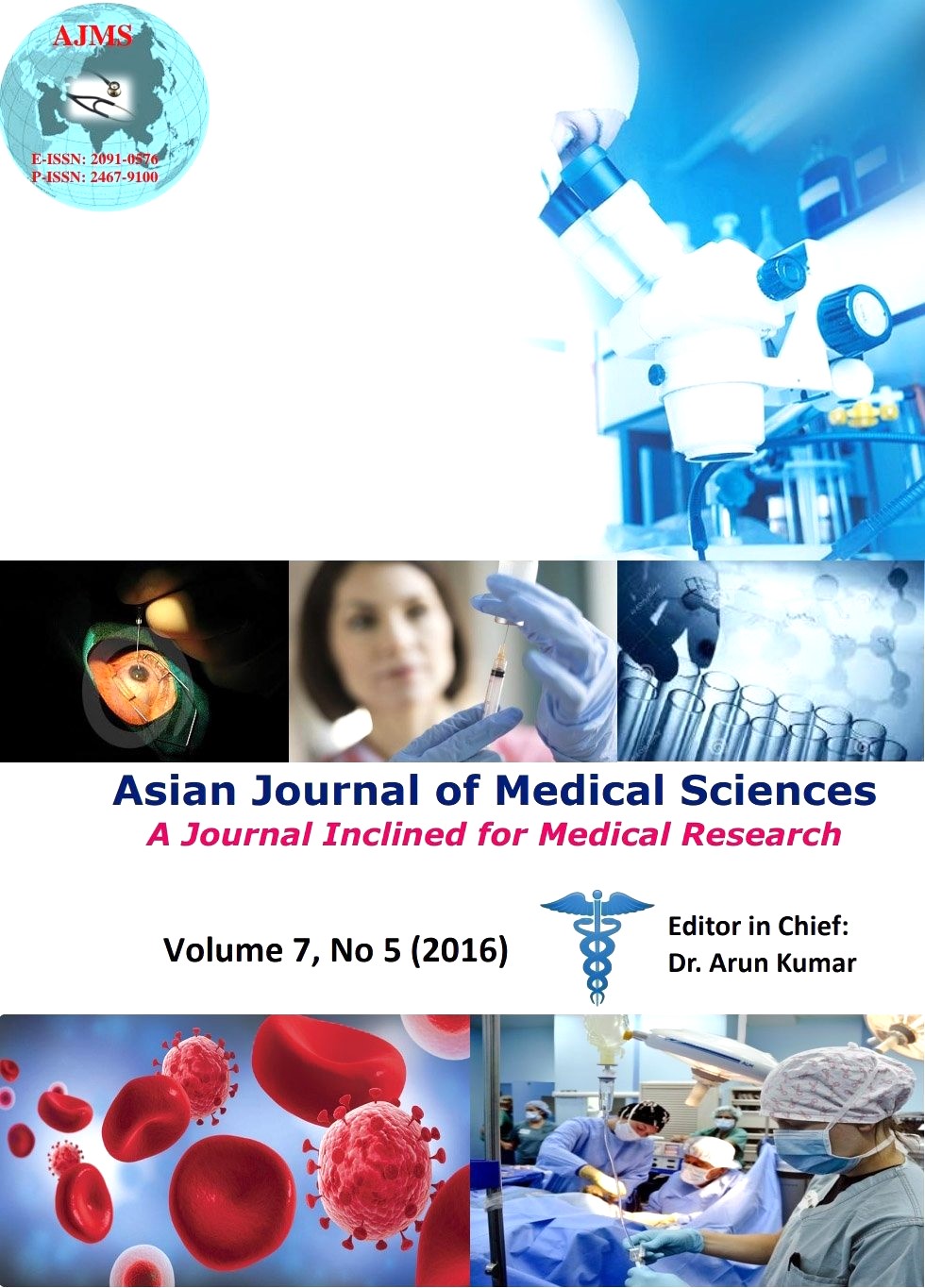Prevalence of Lactobacillus bulgaricus and Streptococcus thermophilus stability in commercially available yogurts in Sri lanka
Keywords:
Yogurts, Lactobacillus, Streptococcus, Stability, Sri LankaAbstract
Aims and Objectives: Common starter cultures found in fermented milk products are Lactobacillus bulgaricus and Streptococcus thermophilus. The viability of these bacteria is important in order to gain health benefits. It is important to investigate the stability of commercially available yogurts with respect to starter cultures and the quality.
Materials and Methods: Yogurt samples were collected from highly marketed different brands designated as A, B, C, D, E, F, G and H from different areas from Sri Lanka. MRS and M17 agar were used to enumerate L. bulgaricus and S. thermophilus respectively and a pH change was measured.
Results: The pH values decreased significantly and only two of these products maintained 106 cfuml-1 viable count of L. bulgaricus till the end of the shelf life. All products showed the highest number of S. thermophilus.
Conclusion: The pH of the yoghurts significantly change with the storage. For optimum benefits, the yogurt products should be consumed within seventh to fourteenth day from its manufacturing date. Only two of the yoghurt products maintained 106 cfuml-1 viable count of L. bulgaricus till the end of the expiry.
Asian Journal of Medical Sciences Vol.7(5) 2016 97-101
Downloads
Downloads
Additional Files
Published
How to Cite
Issue
Section
License
Authors who publish with this journal agree to the following terms:
- The journal holds copyright and publishes the work under a Creative Commons CC-BY-NC license that permits use, distribution and reprduction in any medium, provided the original work is properly cited and is not used for commercial purposes. The journal should be recognised as the original publisher of this work.
- Authors are able to enter into separate, additional contractual arrangements for the non-exclusive distribution of the journal's published version of the work (e.g., post it to an institutional repository or publish it in a book), with an acknowledgement of its initial publication in this journal.
- Authors are permitted and encouraged to post their work online (e.g., in institutional repositories or on their website) prior to and during the submission process, as it can lead to productive exchanges, as well as earlier and greater citation of published work (See The Effect of Open Access).




